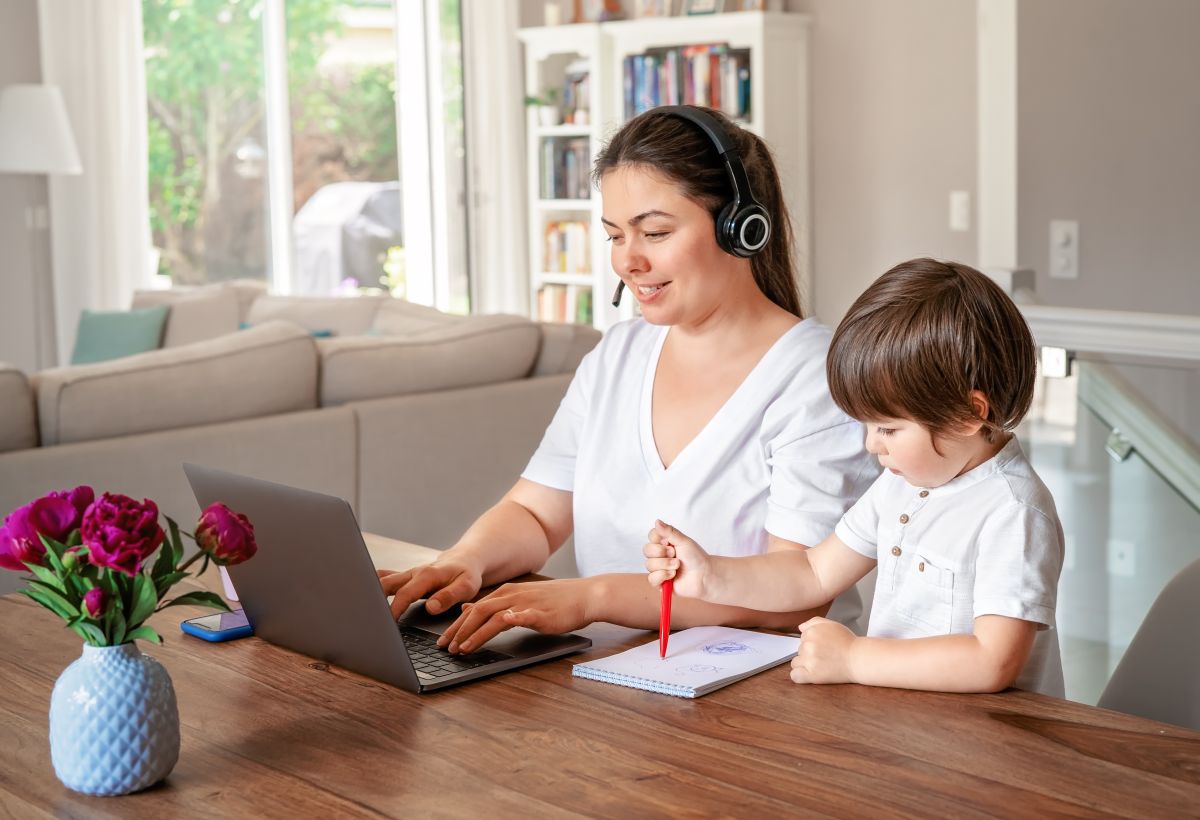WorkWhile, the workforce site, carried out a survey in which it asked the workers of the application to tell more about their experience with flexible work, understood as a “tailor-made” work model agreed between the company and the worker. The findings showed some important trends.
Flexible work has been gaining ground over traditional work because people can take care of themselves independently, which makes them feel like they are their own bosses, in addition to the fact that flexibility can also be the basis of stability for the populations that use it the most. they need, like women with children.
In the research, WorkWhile says it has found that flexible working is attracting a large number of people who want the ability to fit work around their lives, rather than the other way around.
The survey revealed that:
– Workers report that, on average, 51% of their income comes from flexible work. That number rises to 57% for those with at least 3 years of flexible work experience. In total, 63% of experienced workers earn at least half of their income from flexible work.
– Flexible workers are not immune to the concerns of the challenging economy in recent years, but those with more experience report more confidence than their counterparts. 49% of all workers report that they are “always” worried about their finances, while less than 3% say they are “never” worried. However, the number of “Never” worry about their finances triples as a worker has more experience with flexible work. Of those who have been doing flexible work for more than 8 years, 10% report never worrying about their finances. “As counterintuitive as it may seem, the longer someone has been doing flexible work, the more stable and confident they feel in their financial life,” says WorkWhile.
The survey found that 63% of respondents have had more than 1 year of flexible work experience, while a staggering 29% have 3 or more years of experience.
When asked to rank their preference between flexible jobs and a traditional job from 9 to 5, only 8% said they preferred traditional to flexible work.
Compared to all workers, women with children place more importance on flexible hours by almost 13%, ranking their top priorities as Flexible Hours, Hourly Wage Rate and Distance to Shift. As with any job, flexible workers care about earning good wages, having hours that fit their lives, and comfort.
Flexible workers also tend to be satisfied with their salaries. 73% of respondents said flexible work pays at least as much or more than traditional jobs. If two jobs pay the same while one offers full control of the schedule, it makes perfect sense why hourly workers turn to flexible working to pay their bills.
Moms who do a lot of flexible work often spend more time with their families. Women with children who earn more than 75% of their income doing flexible work spend on average 6 hours more per week with their families than women with children who earn between 25-50% of their income doing flexible work.
In open responses, one mother, who chose to remain anonymous, said the reason she prefers flexible working is that “as a single mom, choosing my own hours is great. As things come up, I don’t always have the help I need to care for my son.”
Keep reading:
· More than 60% of US adult consumers live paycheck to paycheck
· Stripper reveals how much he earns monthly and video goes viral
The US states with the highest and lowest quit rates in 2023, according to WalletHub
